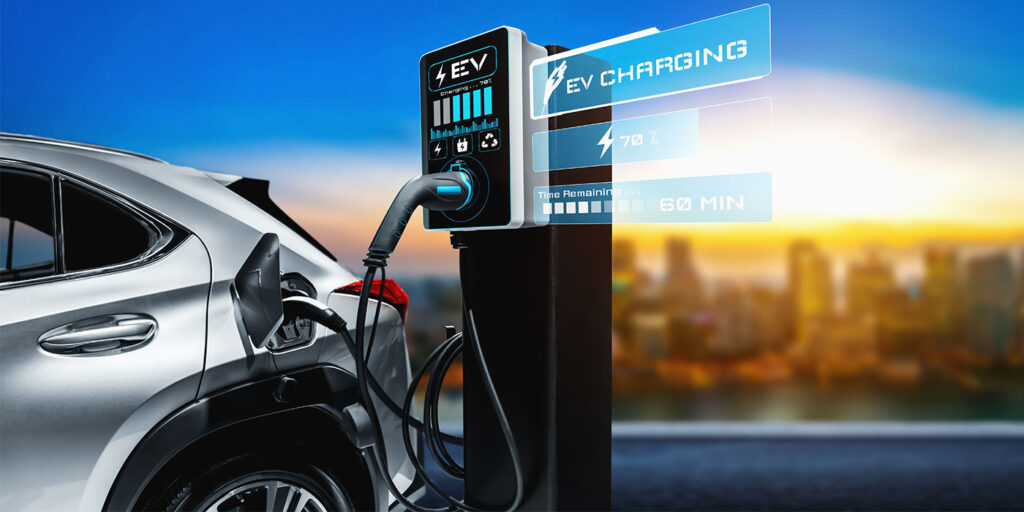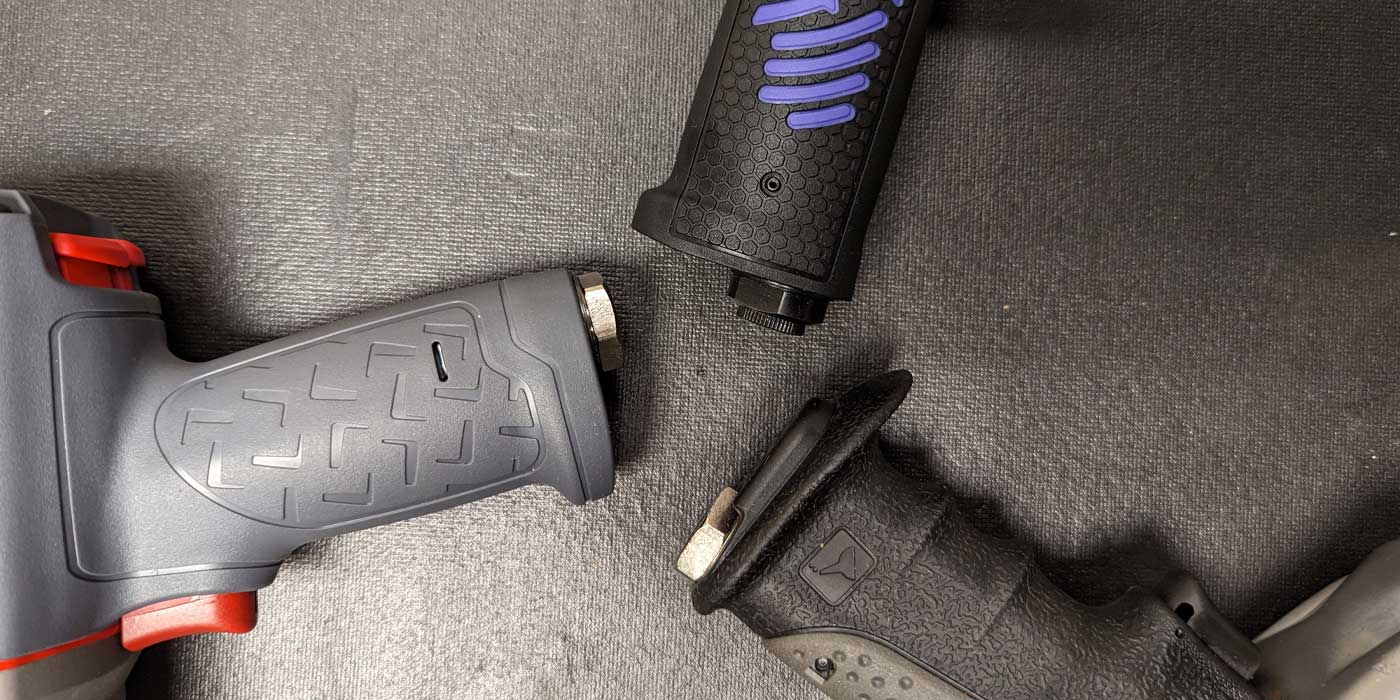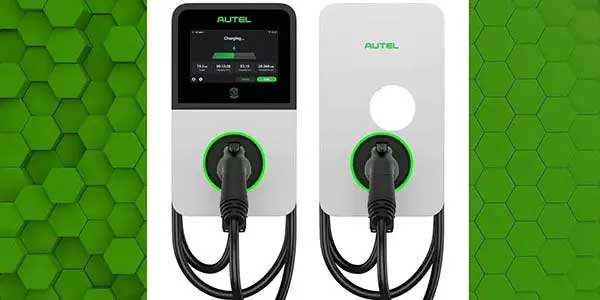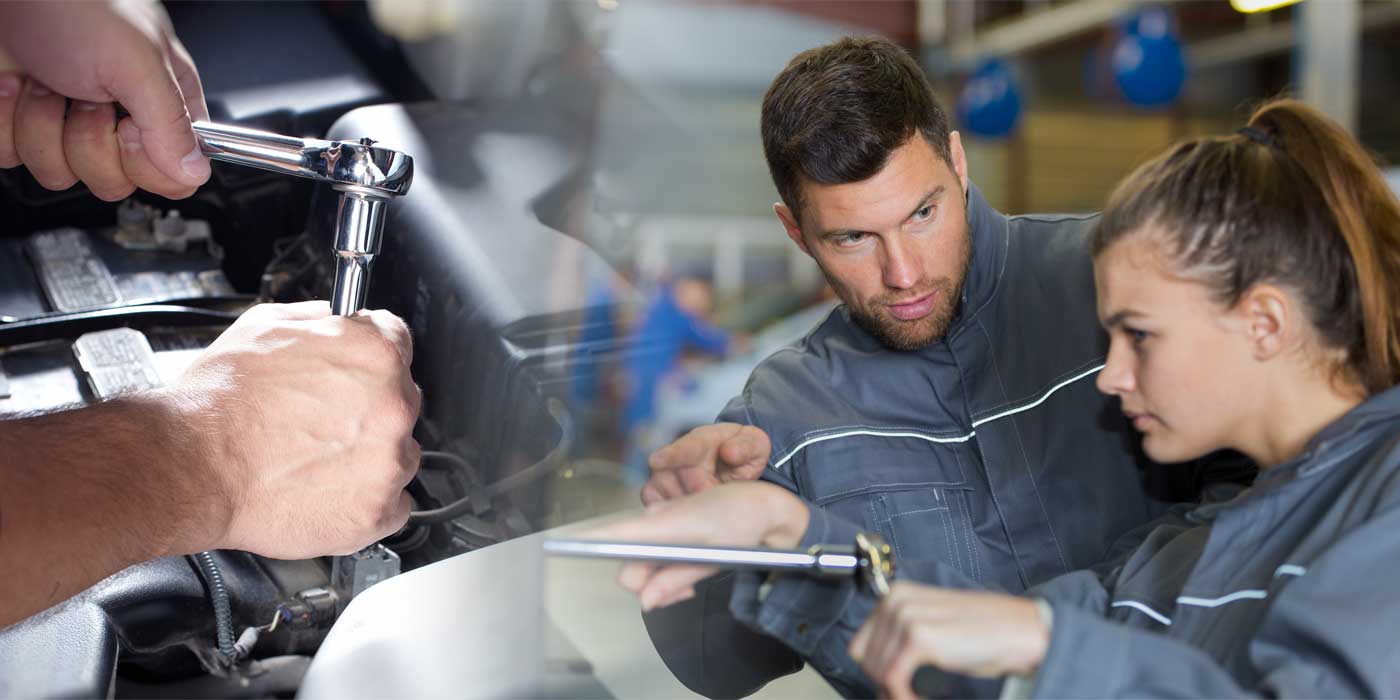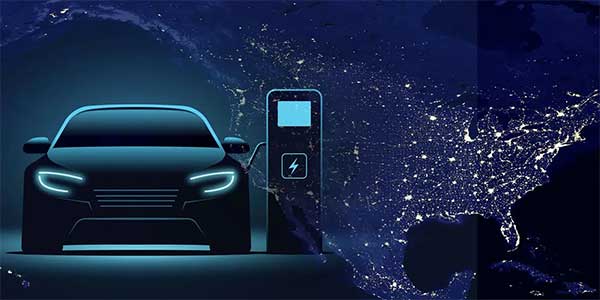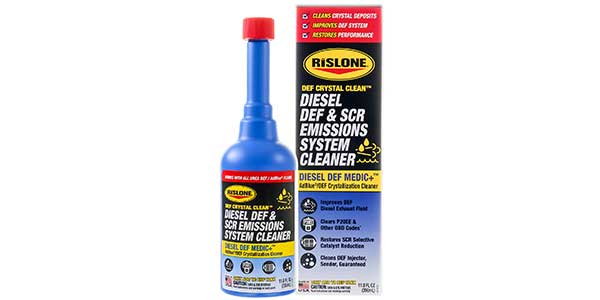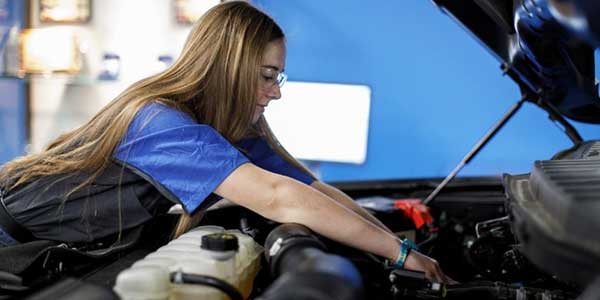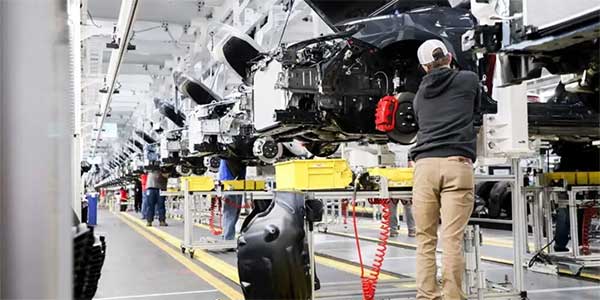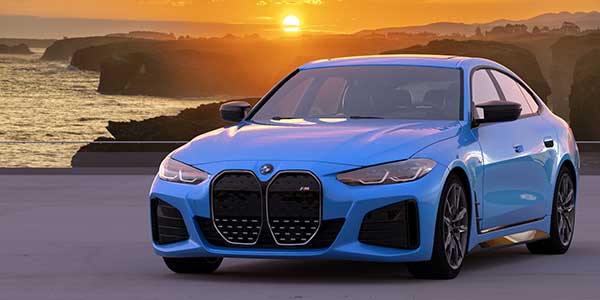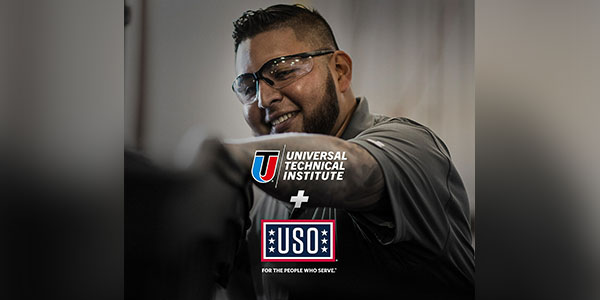By Alvis Chen, product manager, Moxa
An EV charging station, or electric vehicle supply equipment (EVSE), is an electrical device that recharges the batteries of electric vehicles (EVs). As more electrical vehicles hit the road, increasing the number of available EV charging stations, currently only 6,000 in the United States, will be crucial.
In general, there are two types of EV charging stations: standalone and networked charging stations. Standalone EV charging stations operate without a network connection; networked charging stations connect to a charging network. Between the two, networked charging stations offer more benefits.
Connecting multiple EV charging stations helps build an EV charging system that enables operators to manage energy usage remotely through application platforms. Networked charging systems can collect information, such as charging status and energy usage, from each EV and provide billing information to EV owners based on when and how much power supply their EVs were charged with. In addition, these charging systems can exchange information with the grid and an energy storage system (ESS) to improve the stability and reliability of power supplies from the ESS to EV charging stations. For example, when sudden demand peaks on the grid, EV charging systems inform the ESS, which allows them to use the energy stored in energy storage batteries.
To reap the benefits and get the most out of EV charging systems, there must be reliable communication between EV charging stations. In this article, we will discuss the communication challenges regarding the deployment of EV charging systems and offer solutions to enable reliable communication.
Communication Challenges for EV Charging Systems
EV charging systems rely on smooth and reliable communication to collect information for optimized EV charging efficiency. Whenever an electrical vehicle is plugged into an EV charging station, the EV charging station, the grid, and the ESS exchange a variety of operational data — such as battery charging status, electricity capacity, and energy usage — through either a wireless or wired network. The information is also sent to the control center for analysis, helping operators draw insights on exactly how much power wattage is required at certain times. Therefore, sufficient power is always supplied to fulfill charging requirements.
Transmission Limitation of CAN Communication Protocols
The CAN (Controller Area Network) bus protocol has been widely adopted in electrical vehicle and EV charging stations to communicate. Therefore, in order for an EV charging system to be operational it must be able to communicate in CAN bus. However, baudrates limit the transmission distance of a CAN system, as stated in the ISO 11898 standard. The faster the baudrate, the shorter the maximum transmission distance. In other words, the maximum transmission length of a CAN system for a given baudrate cannot be extended. To overcome this limitation regarding distance and deploy EV charging stations with more flexibility, a networking solution that can address this issue is needed to deliver the expected baudrates over extended communication distances.
Find the Suitable Communication Interfaces
Oftentimes, EV charging stations run by a single operator are located far apart from each other, making it difficult to connect them. For example, EV charging stations can be separately deployed between buildings or in suburbs, requiring a networking solution that can achieve long-distance connections.
Some EV charging stations adopt wireless connectivity to share or transmit battery/electricity data, lowering wiring deployment costs. However, many EV charger manufacturers and system integrators experience wireless signal coverage that is well below expectations due to environmental conditions. Therefore, they prefer wired data connections for increased reliability and a better user experience. To establish reliable wired connections, fiber optic cables, instead of copper wires, are adopted to provide isolation and protection against electromagnetic interferences, and for their ability to transmit over long distances.
Reliable CAN-to-fiber Solutions
CAN-to-fiber converters help provide reliable communication for EV charging systems because they break the limit of CAN bus communication and are able to transmit up to 1 Mbps in CAN interfaces or up to 5 Mbps in CAN FD interfaces, extending communication distance up to 40 km (24.85 miles). As networking devices are usually deployed inside space-limited cabinets in outdoor environments, the ideal CAN-to-fiber converter would come with 2 kV isolation and 2 kV surge protection for CAN port, with a wide temperature range to overcome harsh communication environments.
Connecting many EV charging stations to a control center will require multiple CAN-to-fiber converters to achieve long-distance communication. To make multiple device configurations easier, CAN-to-fiber converters should have a DIP switch to switch interfaces between CAN and CAN FD easily. In addition, CAN-to-fiber converters should feature an auto baudrate setting function for the CAN interface to eliminate the need to perform complicated configurations. Another handy feature would be LED indicators that can help quickly identify whether an error occurred in the CAN or fiber connection.
For more information on this subject, visit the Moxa microsite.

